|
PREFACE
Some
explanation may be necessary for obtruding upon the
public the private details of a sportsman’s life, and
particularly when the scene of his exploits is laid
within “the four seas of Britain.” In the customary
course of field adventure, few besides the individual
concerned are much interested in the successes and
disappointments he experiences: and rural sports are, in
all their general incidents, so essentially alike, as to
render their minute description, almost invariably, a
dull and unprofitable record.
Circumstances, however, may occasionally create an
interest which in ordinary cases would be wanting. From
local connexions, a field almost untrodden by any but
himself was opened to the writer of these Sketches. He
was thrown into an unfrequented district, with a
primitive people to consort with. With some advantages
to profit from the accident, a remote and semi-civilized
region was offered to his observation; and although
within a limited distance of his majesty’s mail-coach, a
country was thus disclosed as little known to the
multitude as the interior of Australasia ; and where,
excepting some adventurous grouse-shooter, none have
viewed its highlands or mingled with its inhabitants.
That the scenic and personal sketches are faithful the
reader is assured; some were written on the spot, and
others traced from vivid recollection. Those with whom
the author shot these wild moors, or fished the waters,
will best estimate the fidelity of the descriptions; and
one valued friend, though now beneath another sun, will
probably recall the days he spent by “fell and flood,”
and bring to memory those light and joyous nights.
Of the actors in the following scenes, some are still
living, while others are no more. The colonel, that best
and honestest of boon companions, sleeps with his
fathers; and old John and the Otter-killer have gone the
way of all flesh. The priest, “mine honoured friend,” I
rejoice to say, is still healthy and vigorous ; in his
wild but happy retirement he holds “the noiseless tenor
of his way,” exercises hospitality most liberally to the
stranger, and throws forty feet of silk and hair better
than any artist in the empire. Last of the ‘dramatis
personae,’ Hennessey is in full force, and *mulalo
nomine,’ may still be found in Ballycroy.
With regard to the tales and legends narrated in the
succeeding pages, the former were told just as they are
introduced. “The Blind Seal” is known to be
substantially true: I have heard it from many and never
knew its veracity impugned. My lamented friend was
himself the principal actor in “the Night Attack;” and
he, poor fellow, was exactly the man who in an affray,
or a carouse, might be depended on. The heroes of the
“Gold Snuffbox” are alive and merry, and long may they
continue so! for “truer friends and better company”
never listened to the “chimes at midnight.” “Mr.
Dawkins” is, I believe, engaged in seeking through
Doctors Commons to be relieved “e vinculo matrimonii"-—
and “Mr. Burke” duly announced among the last arrivals
in the Sidney Gazette.
Respecting the legendary stories, I have no pledge to
offer for their authenticity,—old Antony believed them
to the letter—I have given them nearly in his own words,
and I may say with Sir Walter Scott,
“I cannot tell how the truth may be;
I say the tale as ’twas said to me.”
“The Legend of Knockathample” remains as the
Otter-killer related it; but with “Rose Roche” I confess
to have taken liberties, in suppressing a portion of her
flirtation with the “black-eyed page,” which, although,
upon the lady’s part, I feel convinced was perfectly
platonic, yet by uncharitable constructions might be
tortured into something like indiscretion.
If I have undervalued those rural recreations in which
many a worthy citizen sometimes dissipates, I hope my
contempt for his avocations will be ascribed to the true
cause, namely, that local advantages have spoiled my
taste and rendered me fastidious. He who can shoot
grouse upon the moor will spend little time in killing
pigeons from the trap; the angler who in a morning hooks
some halfscore salmon, would reckon it but sorry
amusement to dabble in a pond. To a Galway rider, the
Epping hunt would be a bore, and he would probably treat
it with the same contumely that one of this redoubted
body did hare-hunting, by riding to the hounds in
morocco slippers, and carrying an open umbrella to
protect him from the sun.
As I have casually named “an honoured name,” I lament
that it was not his fortune to have visited those
interesting scenes, where I have been so long a useless
wanderer. The wild features and wilder associations of
that romantic and untouched country, would have offered
him a fresh field whereon to exercise his magic pencil—
and many a tale and legend still orally handed down, but
which in a few years must of necessity be forgotten,
would have gained immortality from the touch of “the
mighty master.” But alas ! the creations of his splendid
imagination will no more delight an enchanted world. The
wand is broken, the spell is over, the lamp of life is
nearly exhausted—and even now, Scotland may be mourning
for the mightiest of her gifted sons.
As a votive offering, these volumes are inscribed to
that matchless genius, by an humble, but enthusiastic
admirer of Sir Walter Scott.
Sydenham, 12th September.
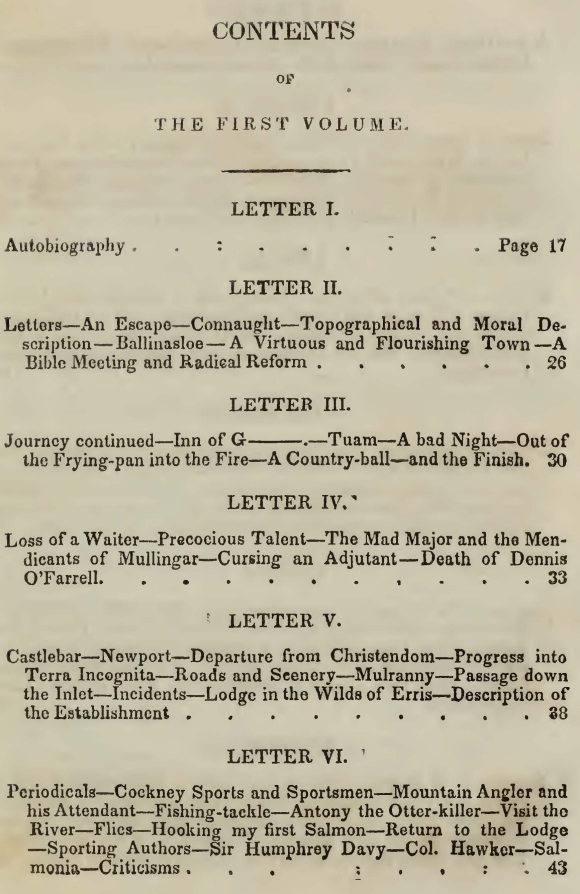
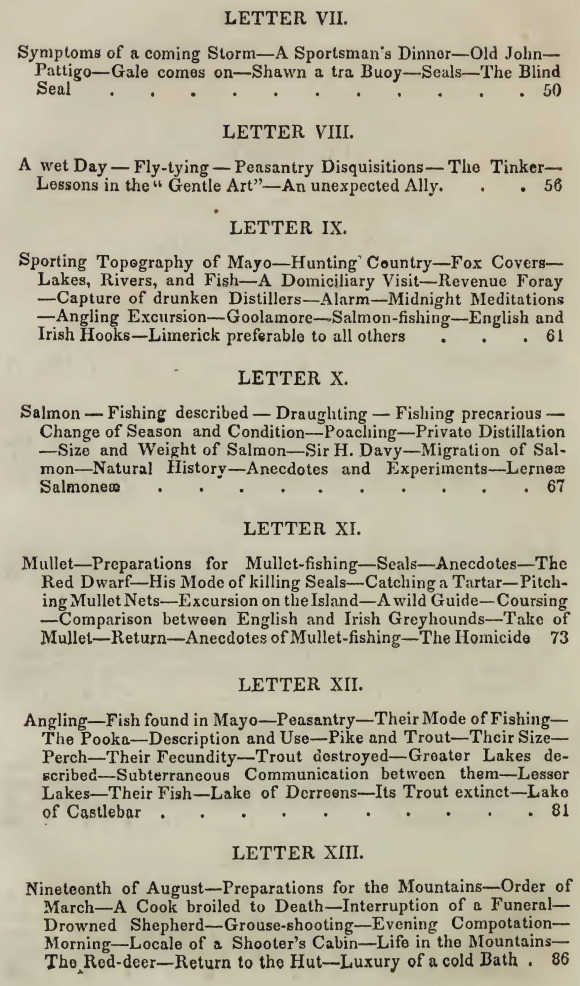
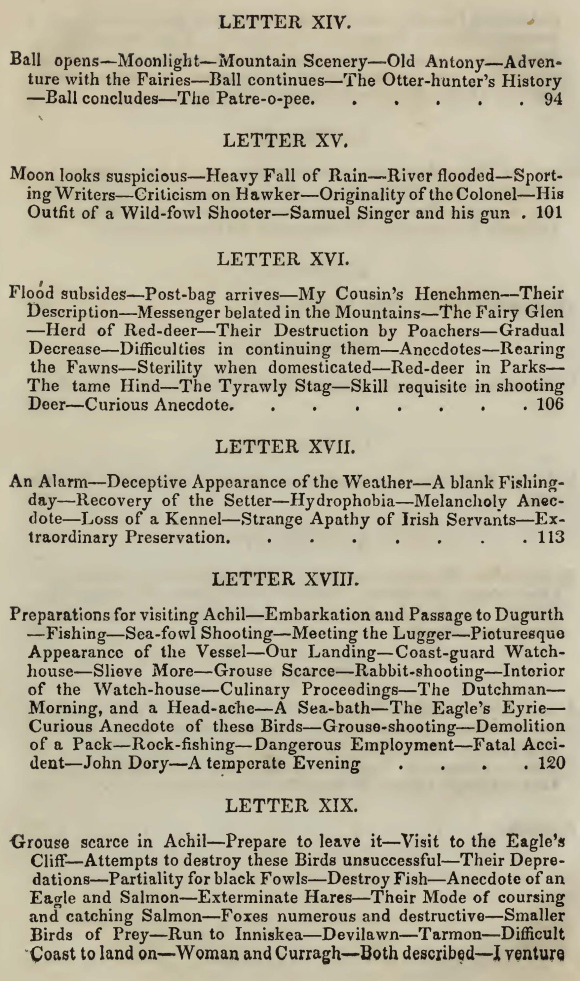
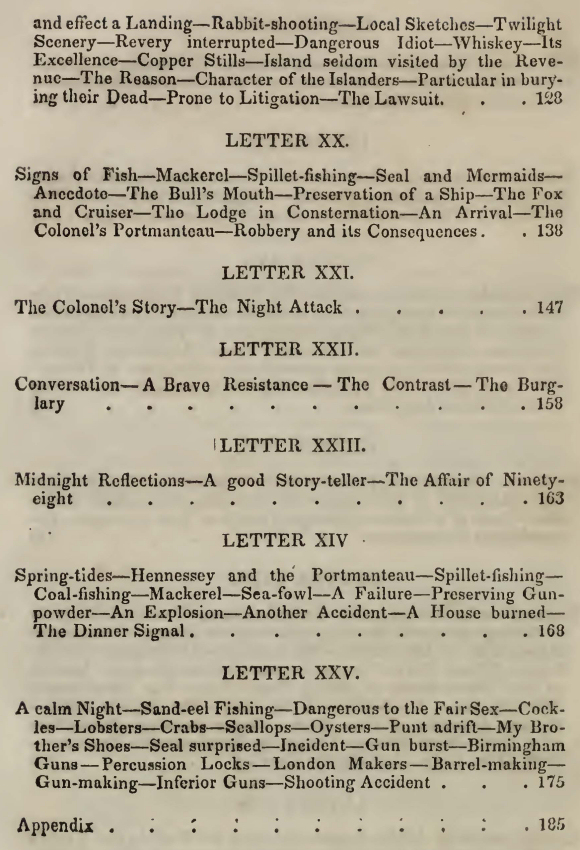
Download Volume 1
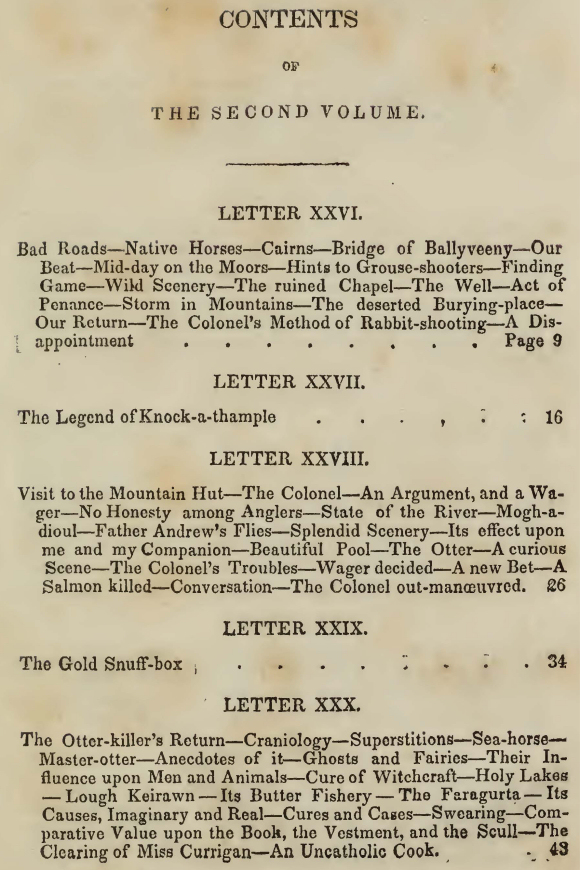
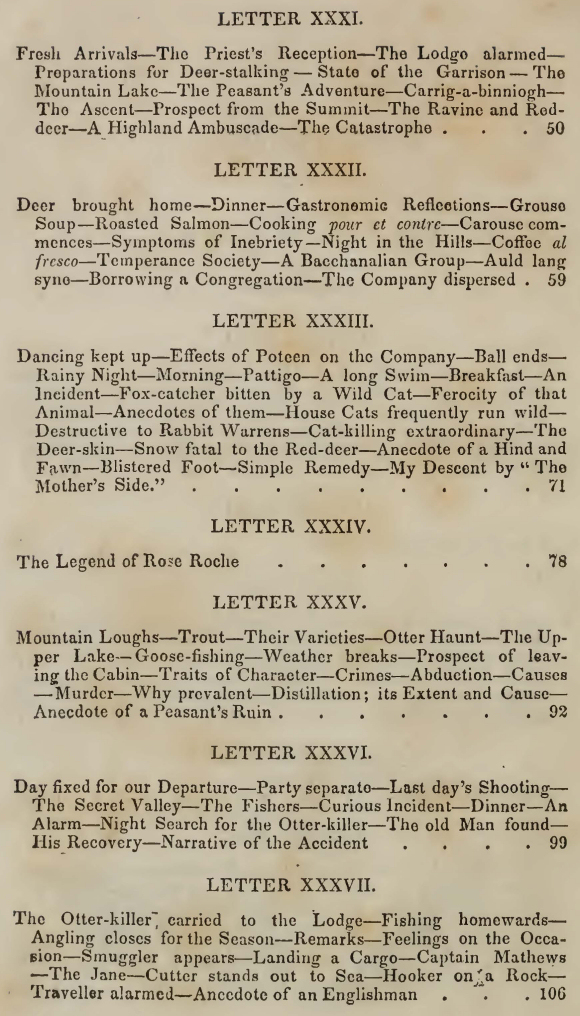
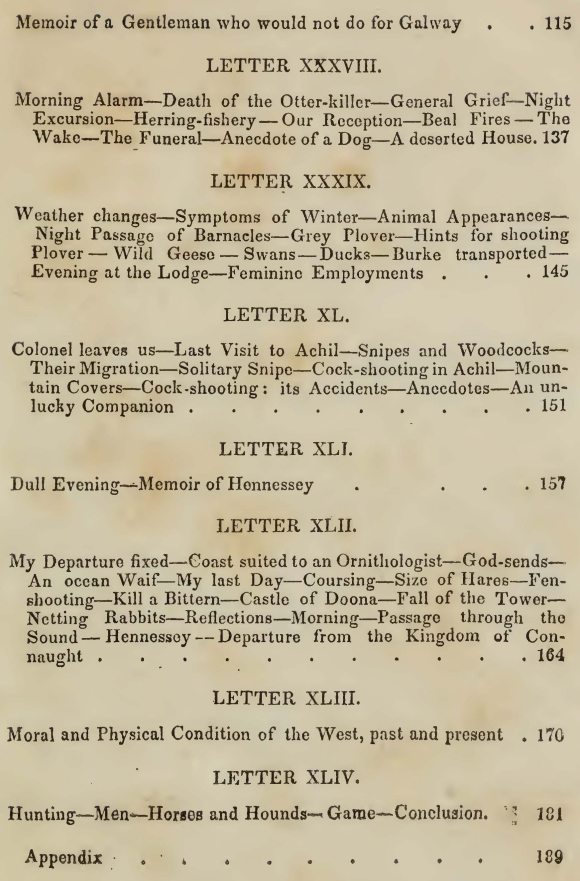
Download Volume 2 |

